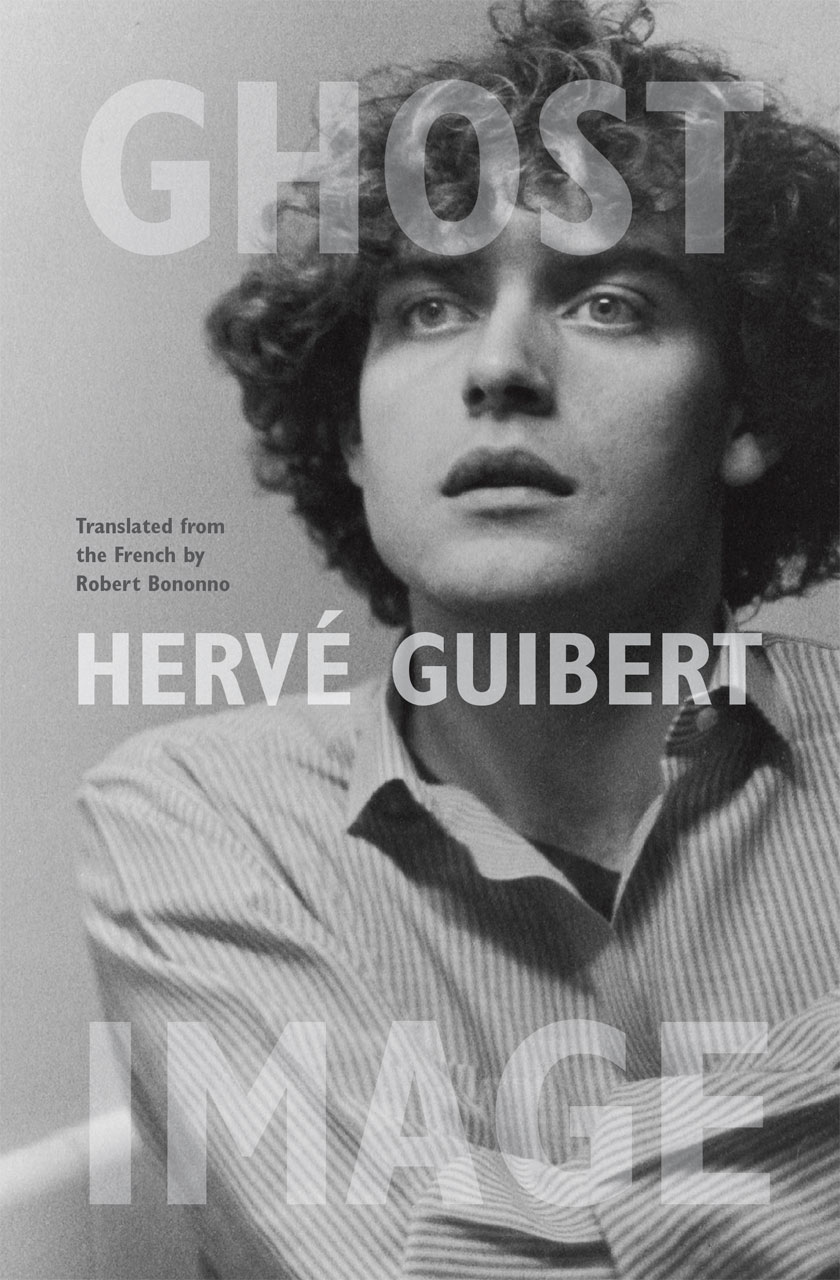Years of Refusal
by Morrissey
Attack / Lost Highway Records
BACK IN 2004, before it was fashionable to decry the disastrous foreign policies of the Bush administration, Brit rocker Morrissey called America a “big fat pig.” Mind you, his protest song, “America Is Not the World,” was something of a mixed message in which its famously gloomy singer, who made Hollywood his home in the late 90’s, followed a slur like “You know where you can shove your hamburger” with a string of “I love you”s. But the song’s most memorable lyric is this one: “But where the president is never black, female, or gay/ And until that day, you’ve got nothing to say to me to help me believe in you.” Now that the nation has elected its first minority candidate, you’d think the Moz (as he’s known by his legion of queer-friendly fans) has found a reason to believe. And yet, in his newly released album, Years of Refusal, he sings that “only stone and steel accept my love.”
Steven Patrick Morrissey was the front man for The Smiths, one of England’s most influential exports of the 1980’s. The punkish band that took its name from the most common surname in the English-speaking world had a most uncommon lead singer: an ardent vegetarian, an atheist, and a self-proclaimed celibate who turned having a bad day into an art form. Songs with titles like “Heaven Knows I’m Miserable Now,” “Nowhere Fast,” “Still Ill,” and “What Difference Does It Make?” became anthems of apathy and anti-establishment politics. 
“How Soon is Now,” the band’s most recognizable radio song, turns on Johnny Marr’s electric guitar vibrato and Morrissey’s drone: “I am the son and heir of nothing in particular. … How can you say I go about things the wrong way?” This could very well be the maxim of the 1980’s: petty, profligate, and wanting more. His objectives were also stridently political, and even beyond The Smiths’ classic song “The Queen is Dead” (1986), he boasted that he’d like to “drop his trousers to the queen” on “Nowhere Fast.” Later, on “Margaret on the Guillotine,” Morrissey sent Thatcher, as head of the government, to the chopping block.
Since that time, Morrissey has maintained a faithful following—and a number of sobriquets, among them: the Pope of Mope, Mozzer, and the Deacon of Dejection. Indeed, his diehard devotees put the “fan” in fanatical. At a concert at the Majestic in Ventura, California, last year, I watched as an audience member stopped the show by rushing the stage to tear off Morrissey’s shirt. Saint Morrissey (2003), Mark Simpson’s book-length love letter to the singer, is subtitled A Portrait of This Charming Man By an Alarming Fan, but “alarming” is an understatement. Especially creepy is Simpson’s repeated use of the familiar “Steven” to establish a false intimacy with his hero. Still, Simpson is insightful when casting Morrissey in a distinctly Wildean mold as a master of irony. He owes it all, argues Simpson, to “that blowsy, Anglo-Irish nineteenth-century torch singer and stand-up comedian Oscar Wilde, the ‘first pop star,’” and—even more hyperbolically—“merely an early, failed, and somewhat overweight prototype for Morrissey.” But you don’t need Simpson’s star-struck gaze to discern how far Morrissey has fallen under Wilde’s spell. In addition to the instrumental “Oscillate Wildly,” there’s a song called “Cemetery Gates” in which a “dreaded sunny day” sends the singer and his lover to a graveyard where “Keats and Yeats [are on]your side,” but “Wilde is on mine.”
Morrissey’s influence, like Wilde’s, is still deeply felt in popular culture. Brandon Flowers, lead singer for the contemporary glam-band The Killers, numbers Morrissey among his early influences. “I grew up obsessed with Morrissey,” he confessed to The Advocate (12/2/08), and linked this obsession to the singer’s androgyny and speculation over his own sexual orientation. Morrissey may also be belatedly, or perhaps redundantly, coming out. Last year, he oversaw the two-disc compilation of “The Sound of The Smiths” and reordered the band’s greatest hits so that “Hand In Glove” (their first single, from 1983) now stands at the top of the lineup. The song drew homophobic censure in England after its release for lines such as these: “Hand in glove/ The sun shines out of our behinds/ No it’s not like any other love/ This one’s different because it’s us.” Given these lyrics, it’s a mystery why Morrissey had to come out at all. Same-sex love, especially the unrequited kind, is the open secret of his songbook: while his ninth solo album lacks range and is ultimately more remarkable for its words than for its music, this queen is far from dead.
What has always redeemed Morrissey’s dark worldview is his signature wit. In Years of Refusal’s first song, “Something is Squeezing My Skull,” the something is a veritable pharmacopoeia, as he rattles off the contents of his medicine cabinet: “Diazepam—that’s Valium/ Tarmazpam, Lithium/ ECT, HRT. How long must I stay on this stuff?” Corpulence, meanwhile, has always figured prominently in the vocalist’s house of horrors. There’s the “fat girl” from “William, It Was Really Nothing” (1984), the genderless “you” in “You’re the One For Me, Fatty” (1992), and the girls from “Some Girls Are Bigger Than Others.” Again, in “All You Need Is Me,” the “me” is a “small fat child in a welfare house.”
When Morrissey decides not to plaster his own image—the trademark pompadour and Popeye jaw-line—on his album covers, he uses iconic men like James Dean or Joe Dallesandro (of Warhol fame) as stand-ins. When women do appear, they are invariably sources of derision. In his 1980’s recordings, there’s the titular vegetable from “Girlfriend in a Coma,” the “buck-toothed girl in Luxembourg” from “Ask,” and more girls, but the ghostly kind from “Pretty Girls Make Graves.” Male beauty, meanwhile, is venerated and never denigrated in Morrissey’s music: at some point the irony has to stop.





